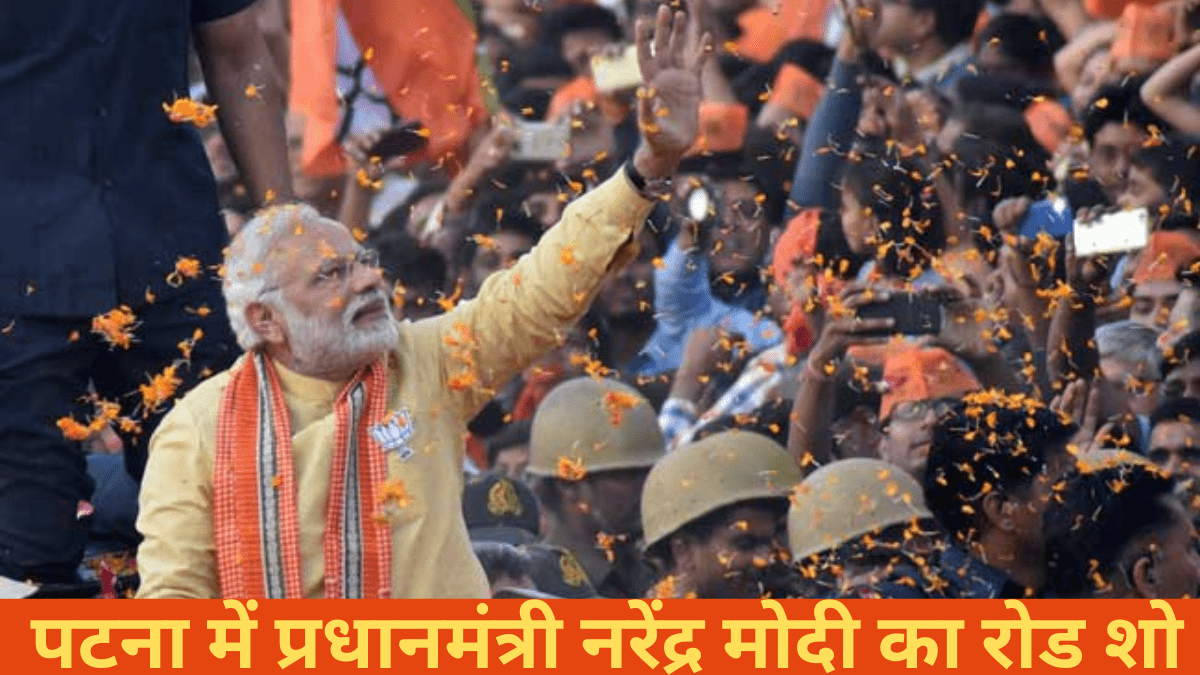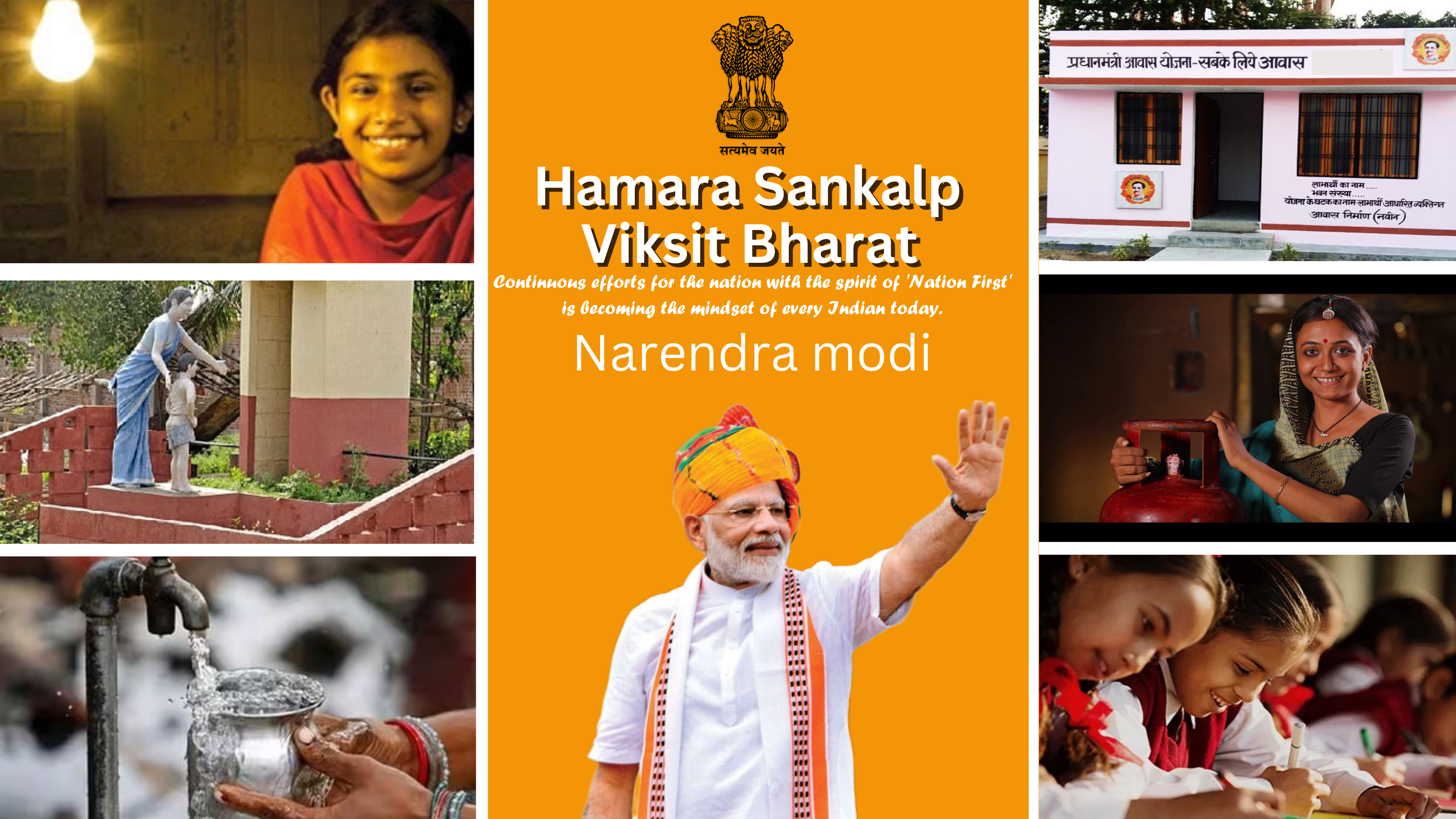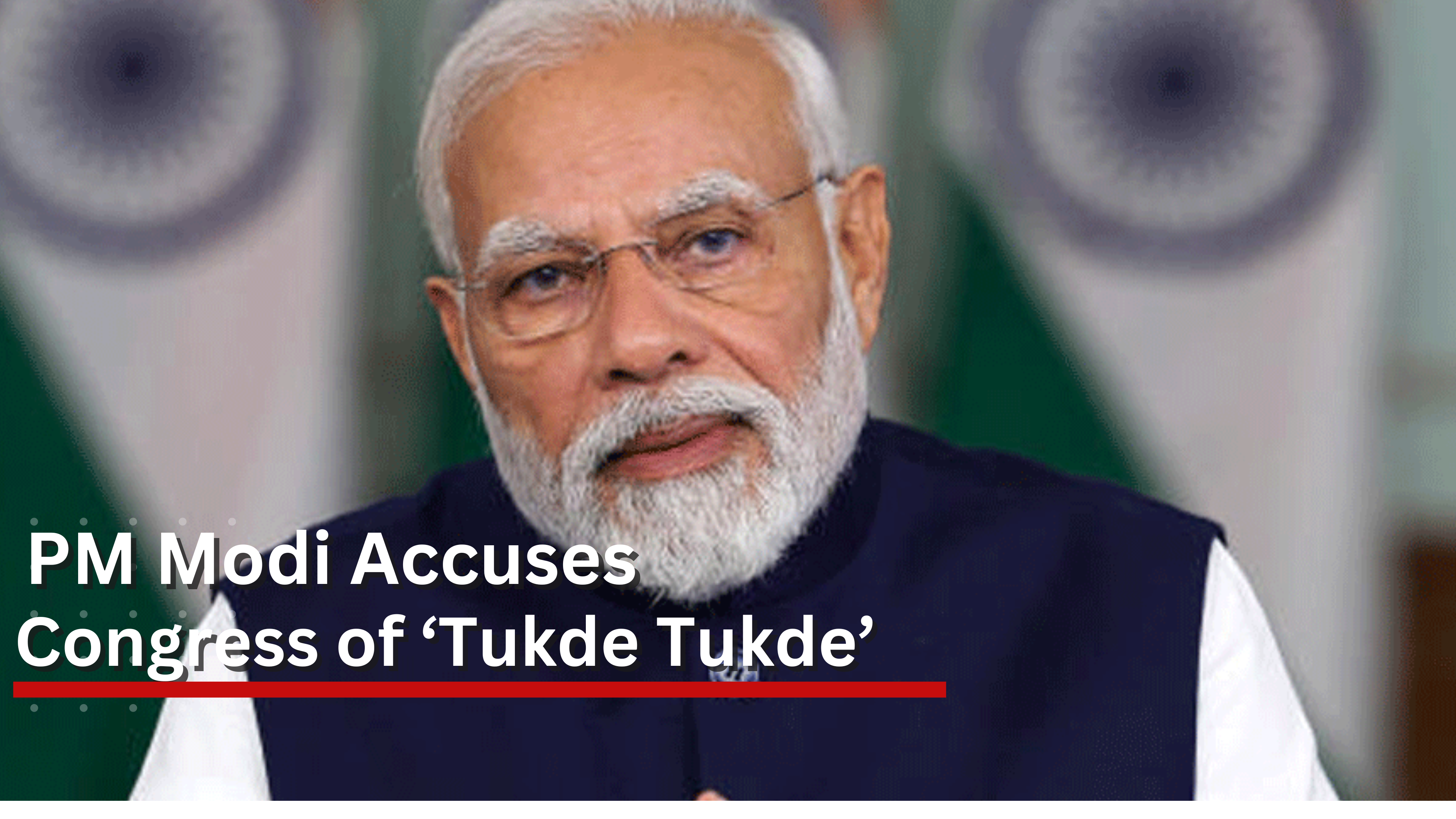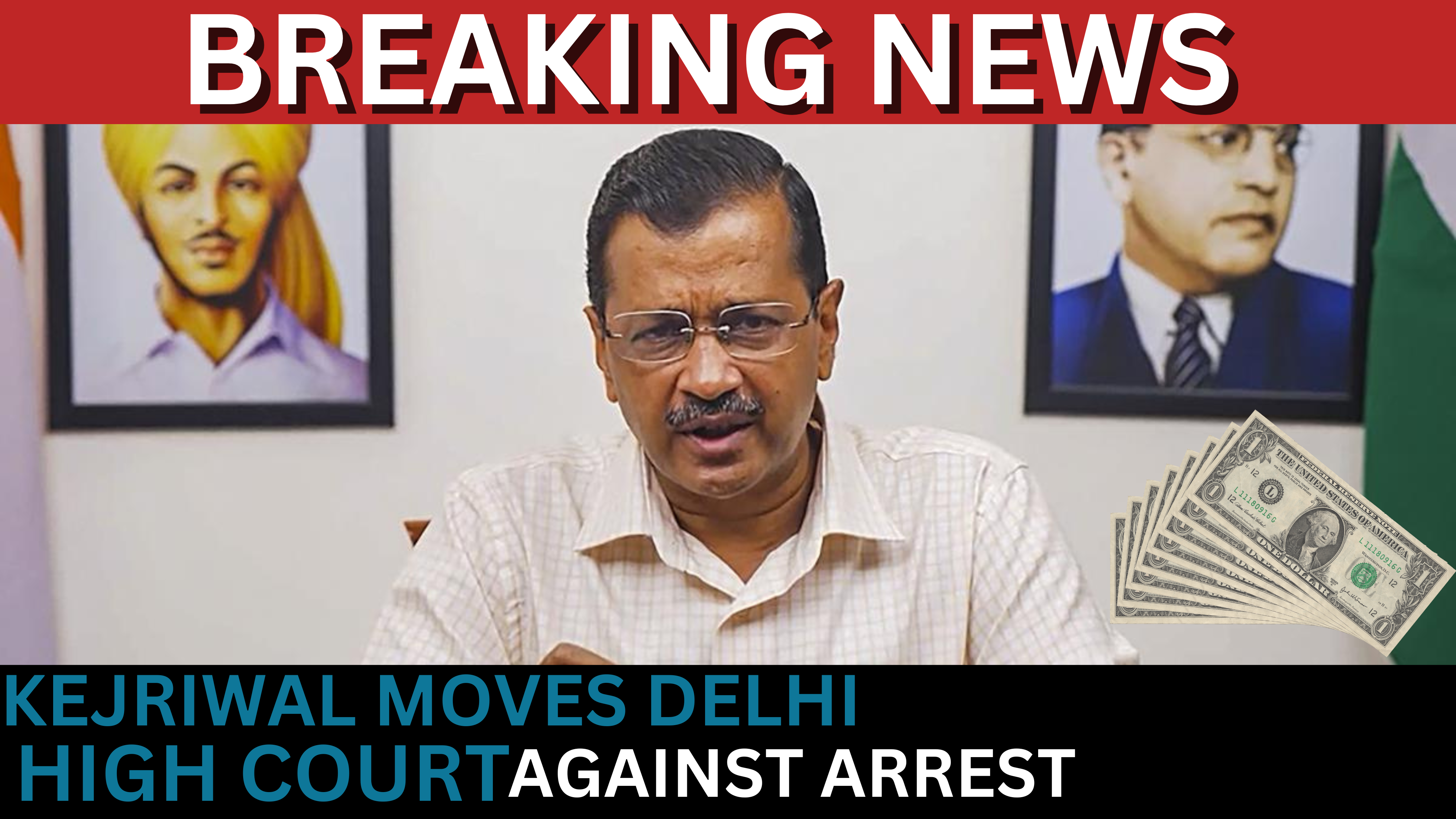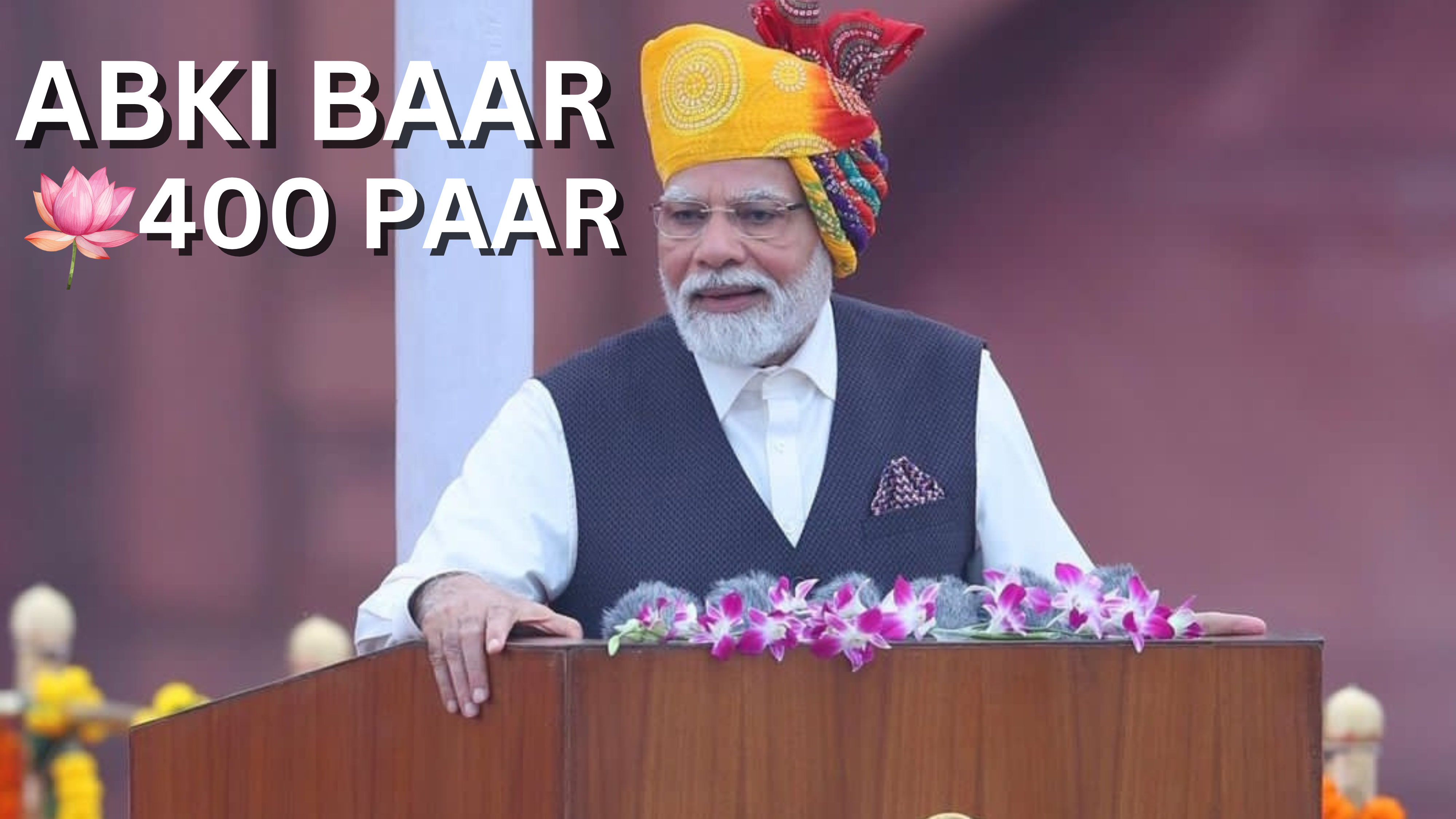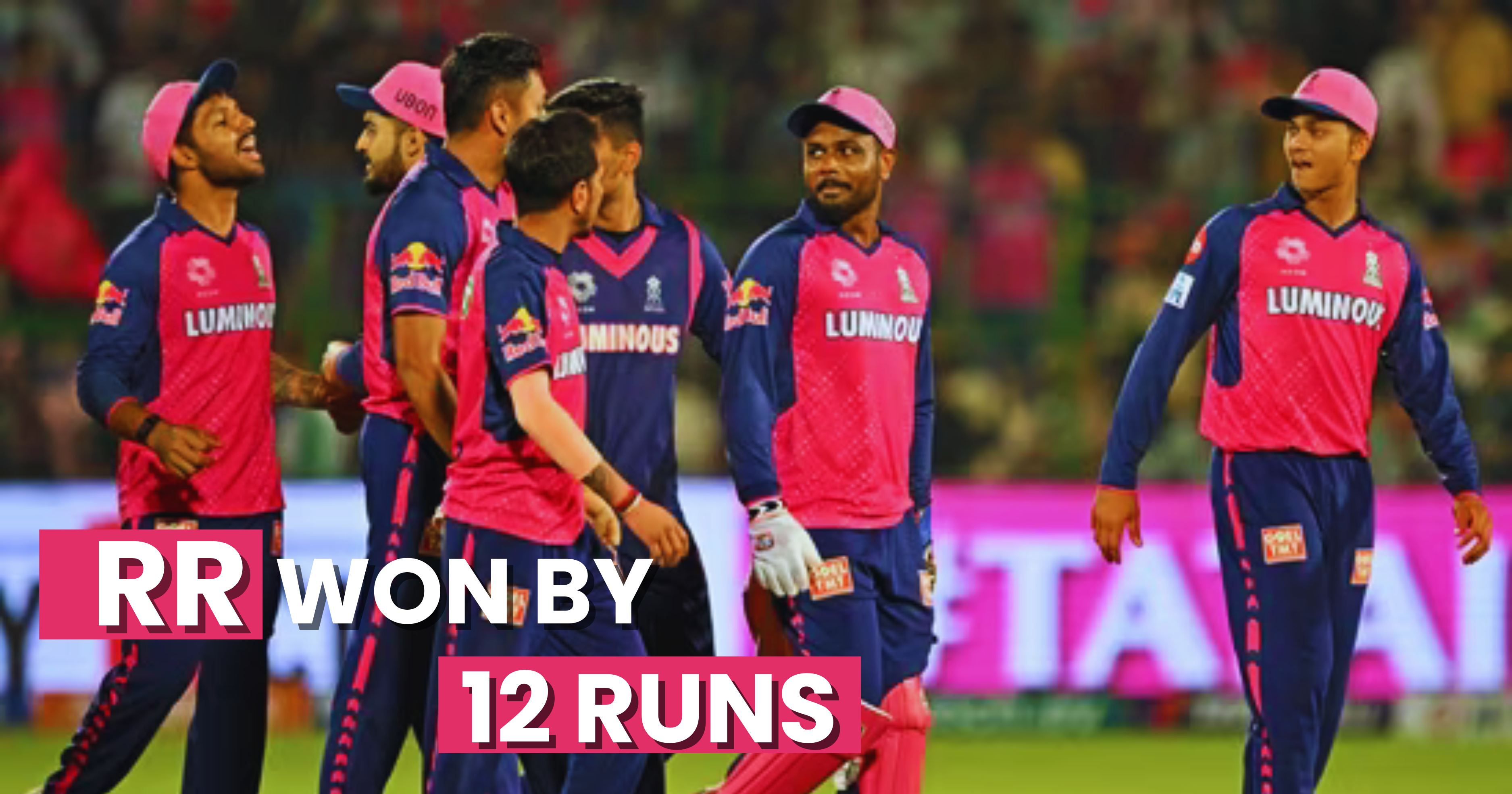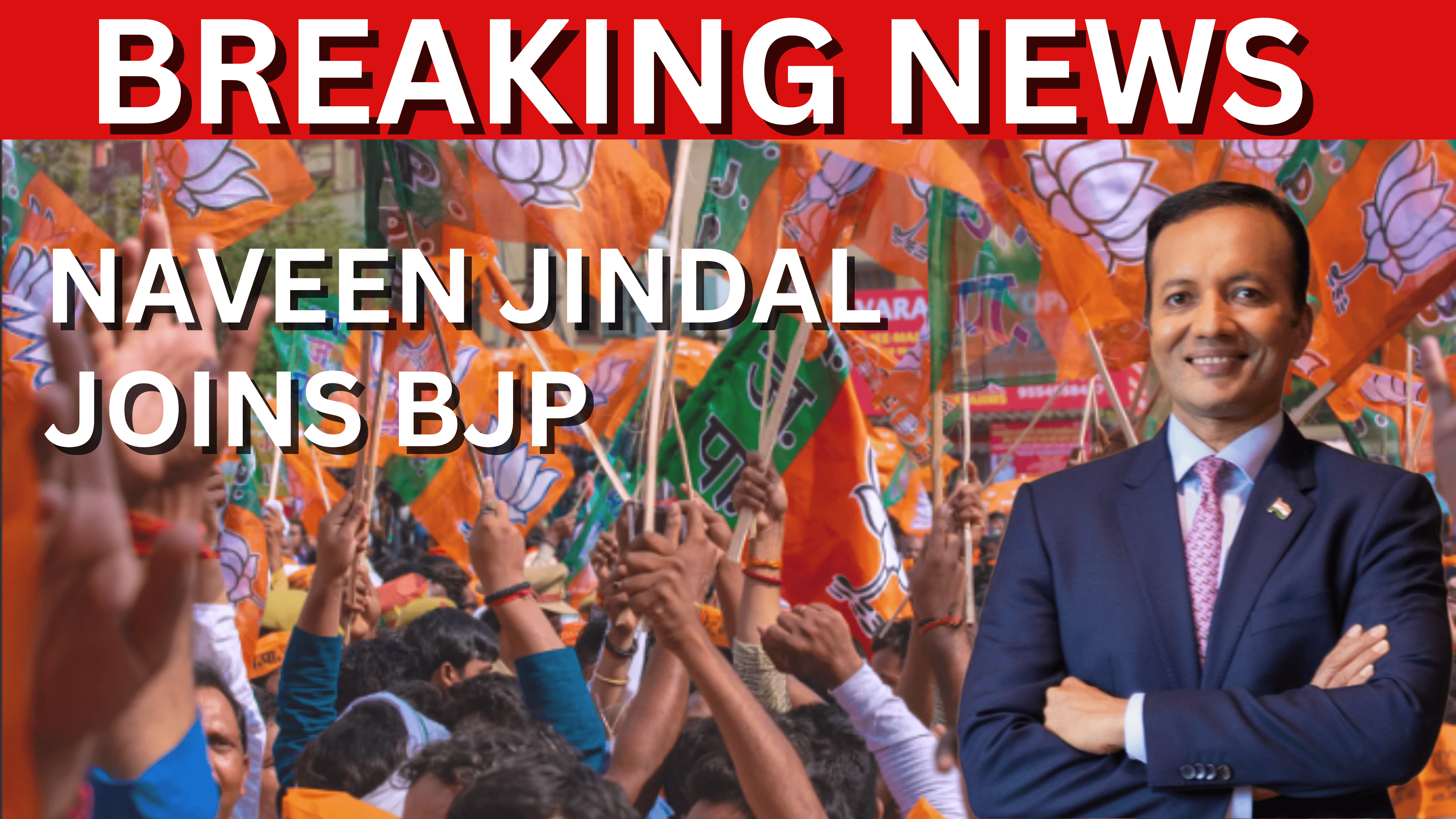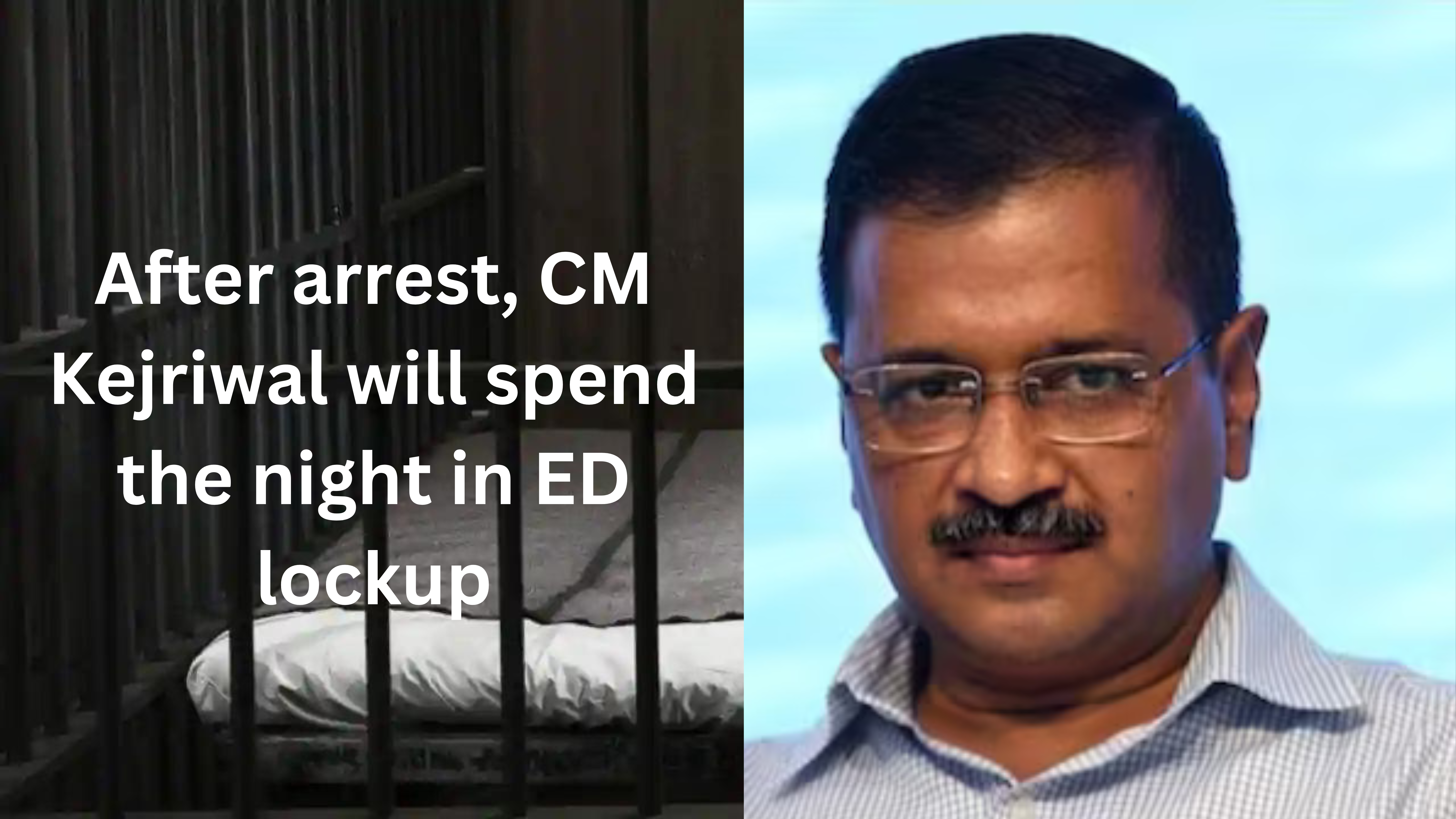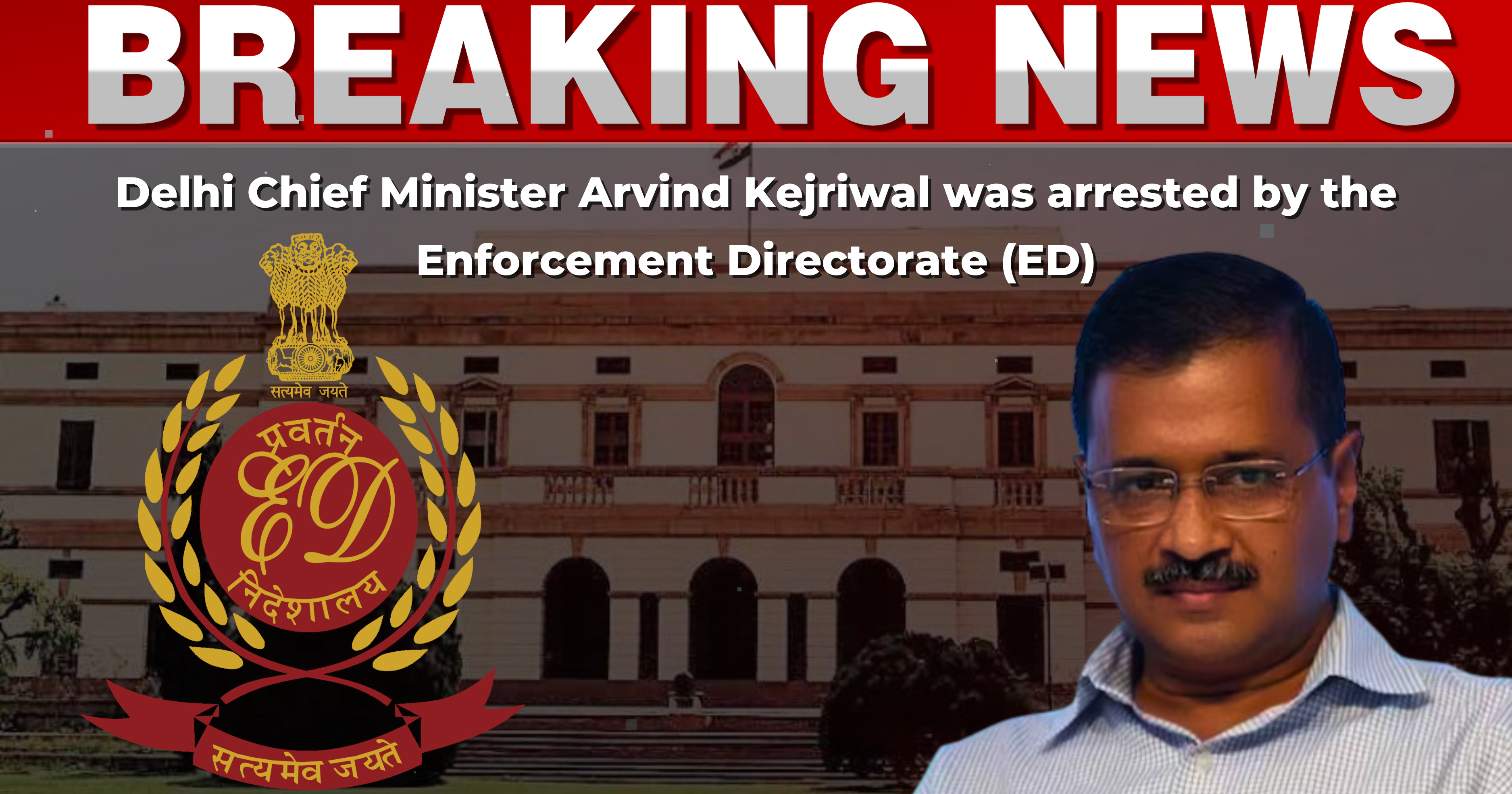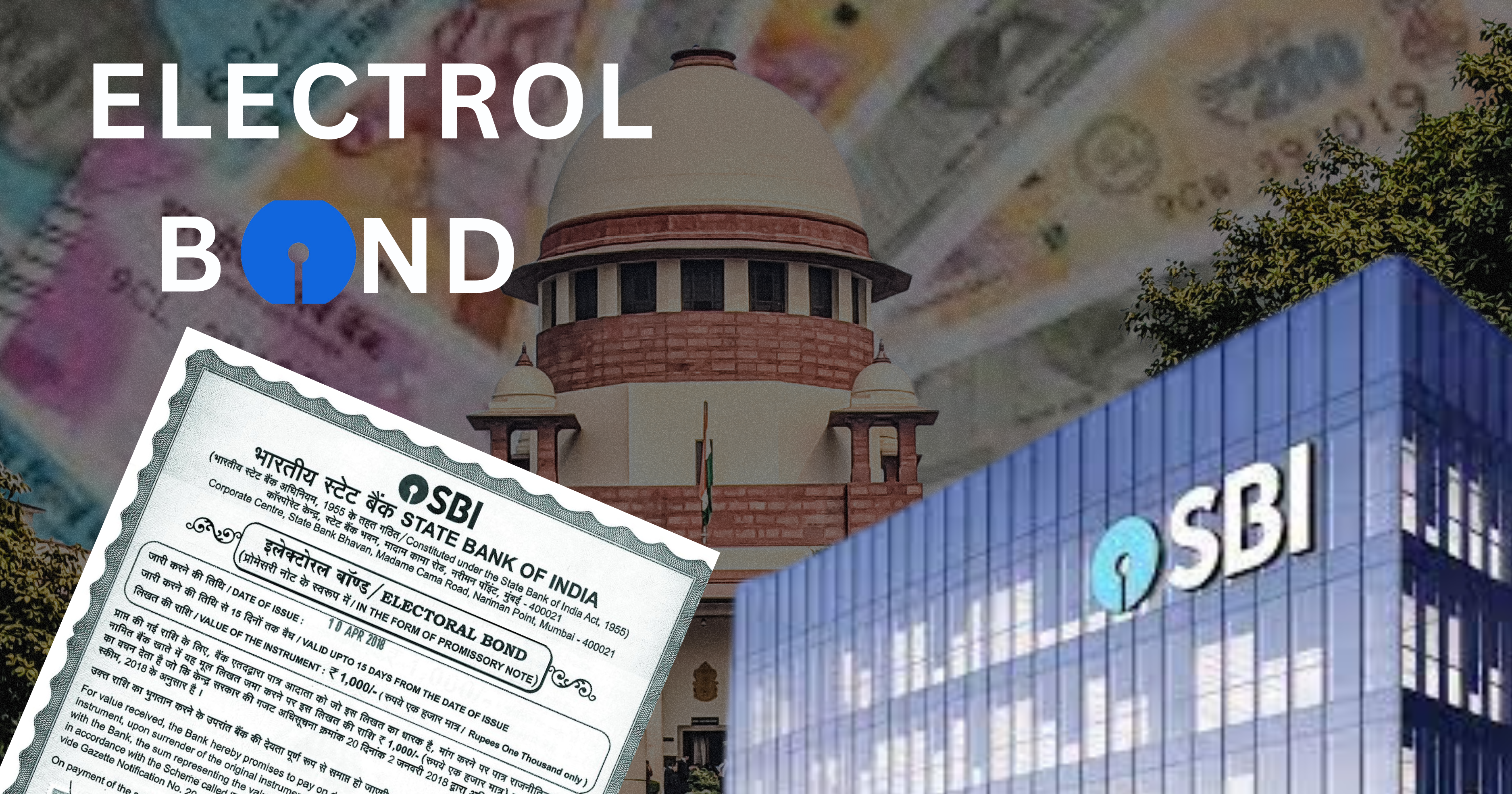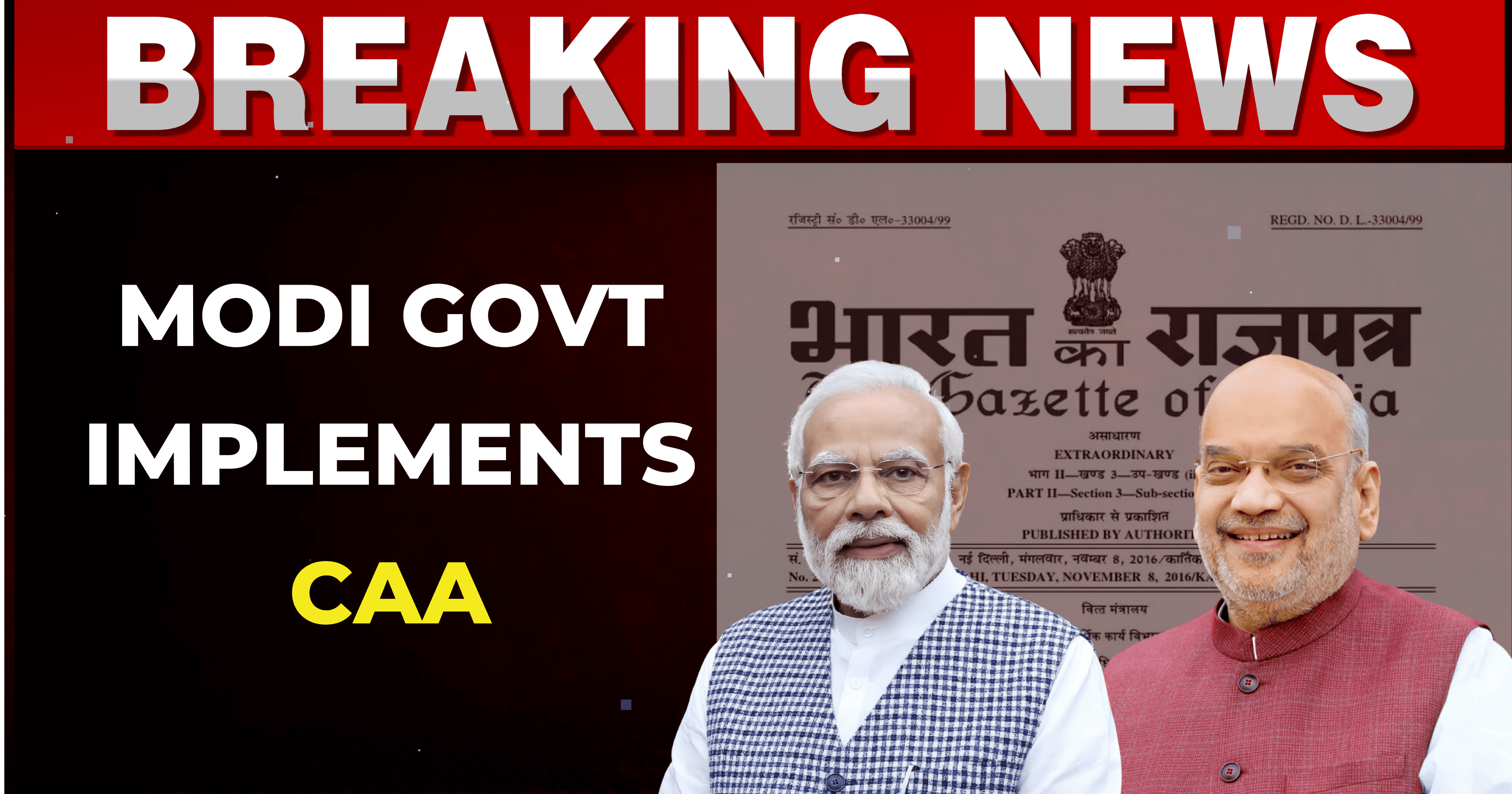
The CAA in India: A Law Still Mired in Controversy
Modi Government Implements a new law in India, called the Citizenship Amendment Act (CAA), has been causing a lot of arguments and protests since it started in December 2019. The law is supposed to help people from certain religions who are being treated badly because of their religion in nearby countries become Indian citizens more easily. The problem? The law only helps Hindus, Sikhs, Jains, Parsis, Buddhists, and Christians. Muslims are left out, which makes a lot of people feel like it’s not fair.
Here’s a breakdown of the CAA and the ongoing conversation surrounding it:
The Purpose of the CAA: The Indian government says the CAA offers a safe place for people who are being persecuted because of their religion in countries next door
The Controversy: The CAA law has caused a lot of arguments. People against the law say it unfairly targets Muslims by leaving them out. They argue this goes against India’s whole idea of being a country that treats everyone equally, regardless of religion. Some folks even worry the CAA is the first step towards giving more power to Hindus and making India less welcoming to other religions.
Implementation and Protests: CAA’s implementation rules were recently released on March 11, 2024, after years of delay. Large-scale protests erupted in 2019, but subsided during the COVID-19 pandemic.
What’s Next?
With the 2024 general elections approaching, the CAA is back in the spotlight. It remains to be seen how the law will be implemented and how it will impact India’s social fabric.
How political party react:
The law about citizenship in India, called the Citizenship Amendment Act (CAA), caused a big political fight. Different political parties disagreed strongly about the law.
Strong Support (BJP):
- The Bharatiya Janata Party (BJP), the ruling party, championed the CAA. They framed it as a humanitarian act for persecuted minorities facing religious discrimination in neighboring countries. Muslims were not included as they weren’t seen as facing religious persecution.
- The BJP blamed opposition parties for instigating protests and violence surrounding the CAA.
Strong Opposition (Congress, Many Others):
Most major opposition parties, including the Congress, vehemently criticized the CAA. Their primary arguments were:
- In simpler terms, a law was passed in India that made it easier for certain religious minorities to become citizens, but it left out Muslims entirely. This caused a lot of people to worry that the law was unfair and discriminated against Muslims.
Violation of Constitution:
- Some people said the law went against the main rules of India (the Constitution) because it treated people differently based on their religion.
- The specific rule they mentioned is #14, which says everyone should be treated equally by the law.
Here’s a quick summary:
- Pro-CAA: BJP – Viewed it as helping persecuted minorities.
- Anti-CAA: Congress, Left Parties, TMC – Claimed it was discriminatory and unconstitutional.
- Neutral Stance: Some regional parties – Avoided a firm position.







